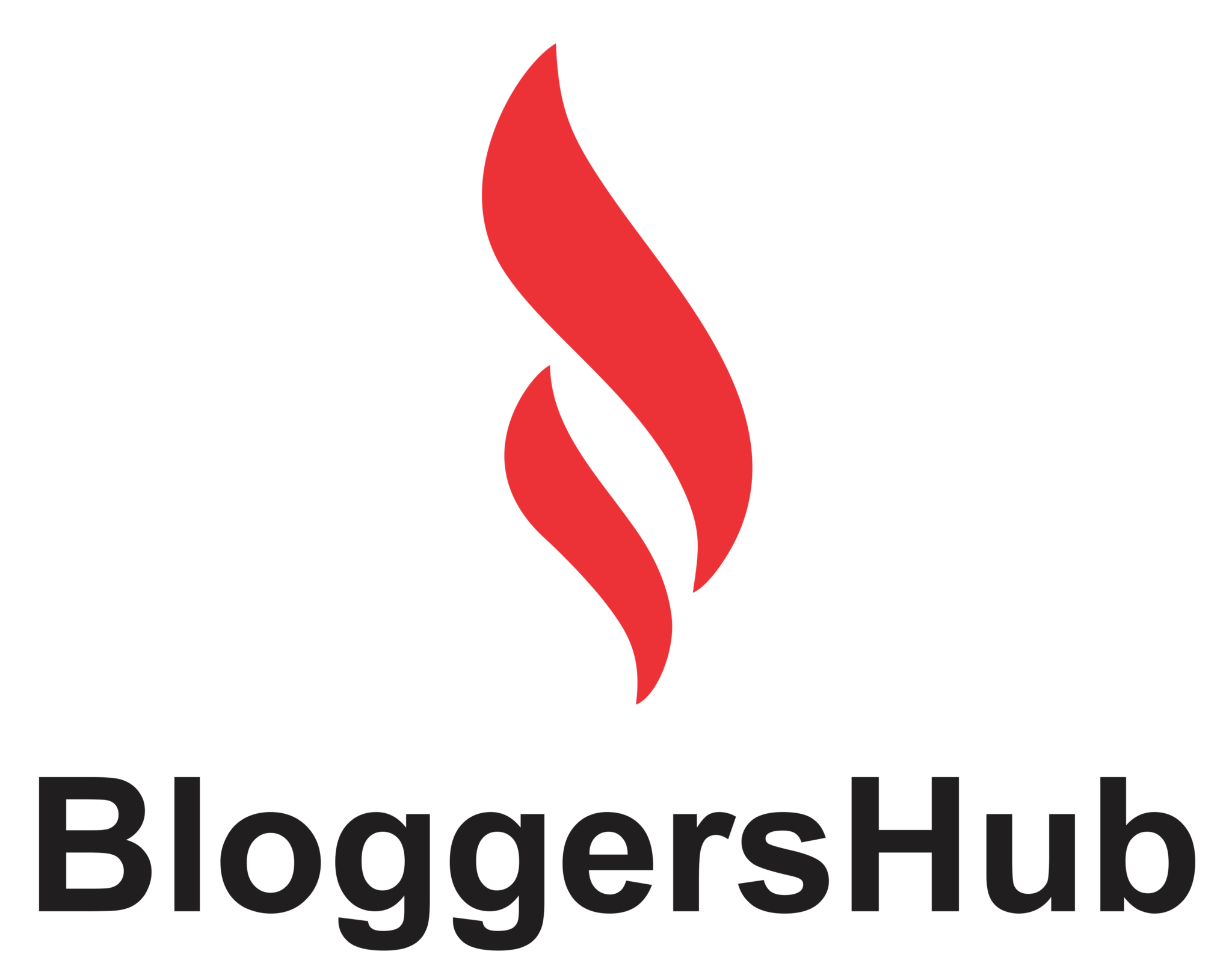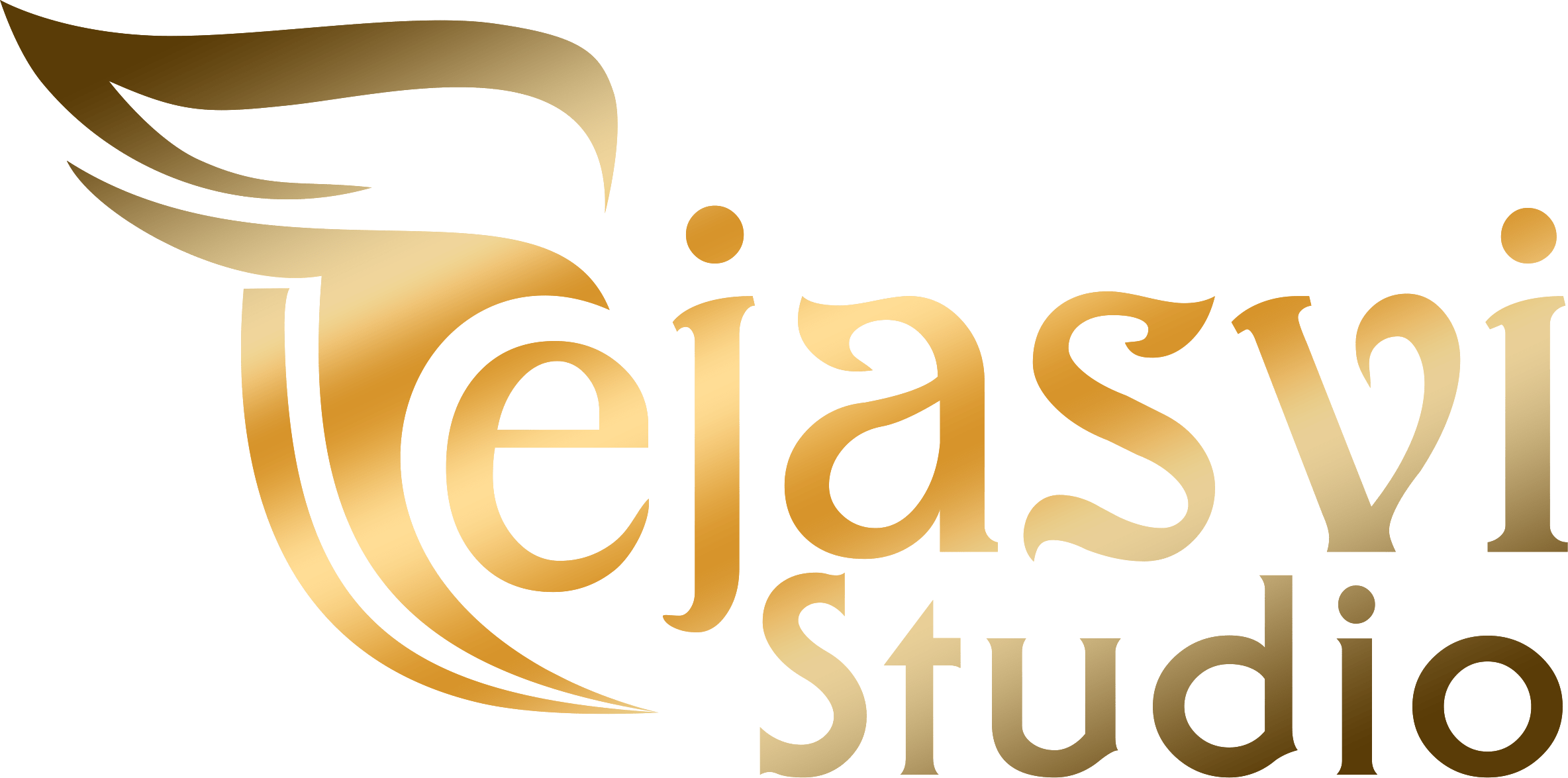Millachats OnlyFans Leak: Understanding The Controversy And Its Implications
So here’s the deal, folks. If you’ve been scrolling through your social feeds lately, chances are you’ve stumbled across whispers about the Millachats OnlyFans leak. Now, before we dive headfirst into this topic, let’s get real. This isn’t just another viral story—it’s a complex issue with legal, ethical, and social implications that need to be unpacked. Buckle up, because we’re about to break it down in a way that’s easy to digest but packed with insights.
Let’s rewind for a sec. The Millachats OnlyFans leak has sparked heated debates worldwide. It’s not just about content being shared without permission; it’s about the broader ramifications of privacy, consent, and how we navigate digital spaces. If you’re wondering why this matters, keep reading. We’ll dig into the details so you can form an informed opinion.
This ain’t clickbait, folks. Our goal is simple: to provide clarity on a topic that’s often misunderstood. Whether you’re here for the facts, the controversies, or the broader implications, we’ve got you covered. Let’s jump in!
Read also:Alemania Vs Italia A Clash Of Titans In Football And Culture
What Exactly is Millachats OnlyFans?
Alright, let’s start with the basics. Millachats OnlyFans is a platform where creators, often influencers, artists, or content producers, share exclusive content with their subscribers. Think of it as a members-only club where fans pay for access to premium material. The platform gained massive popularity over the years, attracting millions of users globally. But like any digital space, it’s not without its issues.
Now, the Millachats OnlyFans leak refers to unauthorized access and distribution of private content. This isn’t just a breach of trust; it’s a violation of privacy rights. The creators involved didn’t consent to their work being shared publicly, which raises serious questions about accountability and ethics in the digital age.
How Did the Leak Happen?
Here’s where things get interesting—or rather, complicated. The leak reportedly occurred due to a combination of factors, including account compromises and unethical practices. Some accounts were hacked, while others might have been accessed through subscription sharing or other loopholes. The result? A massive dump of private content circulating online.
- Hacked accounts: Weak passwords or phishing attacks made it easier for bad actors to gain access.
- Subscription sharing: Some users shared their accounts with others, violating terms of service.
- Third-party exploits: Certain tools designed to bypass restrictions may have played a role.
So, how does this happen? Well, let’s just say there’s a whole underground economy built around exploiting digital platforms. It’s not just about the content itself; it’s about the profit motive driving these actions.
The Legal Implications of the Leak
Now, let’s talk legality. The Millachats OnlyFans leak isn’t just a moral issue—it’s a legal one. Distributing copyrighted content without permission is illegal under most jurisdictions. Creators have the right to control how their work is used, and violating that right can lead to serious consequences.
In many countries, laws like the Digital Millennium Copyright Act (DMCA) protect creators’ intellectual property. Sharing or downloading leaked content could land you in hot water. Even if you didn’t participate in the leak itself, simply possessing the material could be considered illegal.
Read also:Jason Richardson The Highflying Journey Of A Slam Dunk Legend
Understanding Consent in the Digital Age
Consent is at the heart of this controversy. When creators post content on platforms like OnlyFans, they trust that it will only be viewed by paying subscribers. The leak shattered that trust, exposing creators to unwanted attention and potential harm.
But here’s the kicker: consent isn’t just about the creators. It’s also about the audience. By consuming leaked content, you’re contributing to a culture that disregards boundaries and privacy. It’s time we start thinking critically about our role in this ecosystem.
Why Consent Matters
Let’s break it down further. Consent isn’t just a buzzword; it’s a fundamental principle of human interaction. In the context of digital content, it means respecting creators’ choices about who gets to see their work. When we ignore consent, we perpetuate a cycle of exploitation that harms everyone involved.
The Ethical Debate Surrounding Millachats OnlyFans
Now, let’s dive into the ethics. Is it okay to consume content that was obtained illegally? What about sharing it with others? These are tough questions, and the answers aren’t always clear-cut. But one thing’s for sure: ethics matter.
Think about it. Would you feel comfortable knowing that someone shared your private photos without your permission? Probably not. So why do we think it’s okay to do the same to others? It’s time to hold ourselves accountable and rethink our actions in the digital space.
What Can We Do?
Here are a few steps you can take to make a difference:
- Avoid consuming or sharing leaked content.
- Support creators by subscribing to their official channels.
- Raise awareness about the importance of consent and privacy.
Small actions can lead to big changes. By standing up for what’s right, we can help create a safer, more respectful digital environment for everyone.
The Psychological Impact on Creators
The Millachats OnlyFans leak didn’t just affect creators financially—it had a profound psychological impact as well. Many reported feeling violated, anxious, and even depressed after their private content was exposed. It’s not just about the content itself; it’s about the loss of control over one’s personal life.
Some creators have spoken out about their experiences, sharing stories of harassment, bullying, and even death threats. It’s a harsh reminder of the dangers faced by those who dare to express themselves online. If you’re a creator, know that you’re not alone. There are resources available to help you cope with the emotional toll of such incidents.
Support Systems for Creators
Here are some organizations and initiatives working to support creators:
- Online safety hotlines
- Mental health resources
- Legal assistance programs
Reach out if you need help. Your well-being matters, and there are people ready to support you.
The Broader Implications for Digital Privacy
This leak isn’t just about Millachats or OnlyFans—it’s about the larger issue of digital privacy. As our lives become increasingly intertwined with technology, the lines between public and private blur. How do we protect ourselves in a world where data breaches and leaks seem inevitable?
The answer lies in education and advocacy. By learning about digital security best practices and advocating for stronger privacy protections, we can help safeguard our personal information. It’s not just about protecting ourselves; it’s about creating a safer digital space for everyone.
Tips for Staying Safe Online
Here are a few tips to keep your digital life secure:
- Use strong, unique passwords for all your accounts.
- Enable two-factor authentication wherever possible.
- Be cautious when clicking on links or downloading files.
Simple steps can go a long way in protecting your privacy. Don’t wait until it’s too late to take action.
The Role of Social Media Platforms
Social media platforms play a crucial role in shaping how we interact with digital content. When leaks like this happen, they often become amplifiers, spreading the content far and wide. But what can platforms do to prevent this from happening in the future?
One solution is stricter enforcement of terms of service. Platforms can also invest in better security measures and work with creators to ensure their rights are protected. It’s a shared responsibility, and platforms have a duty to step up and do their part.
Conclusion: What’s Next?
Alright, let’s recap. The Millachats OnlyFans leak is more than just a scandal—it’s a wake-up call. It highlights the importance of consent, privacy, and accountability in the digital age. By understanding the controversy and its implications, we can work towards a better future for everyone involved.
So what can you do? Start by respecting creators’ rights and avoiding leaked content. Educate yourself about digital privacy and advocate for stronger protections. Together, we can create a safer, more respectful digital environment.
And hey, if you enjoyed this article, drop a comment below or share it with your friends. Let’s keep the conversation going!
Table of Contents
- What Exactly is Millachats OnlyFans?
- How Did the Leak Happen?
- The Legal Implications of the Leak
- Understanding Consent in the Digital Age
- The Ethical Debate Surrounding Millachats OnlyFans
- The Psychological Impact on Creators
- The Broader Implications for Digital Privacy
- The Role of Social Media Platforms
- Conclusion: What’s Next?
Article Recommendations


